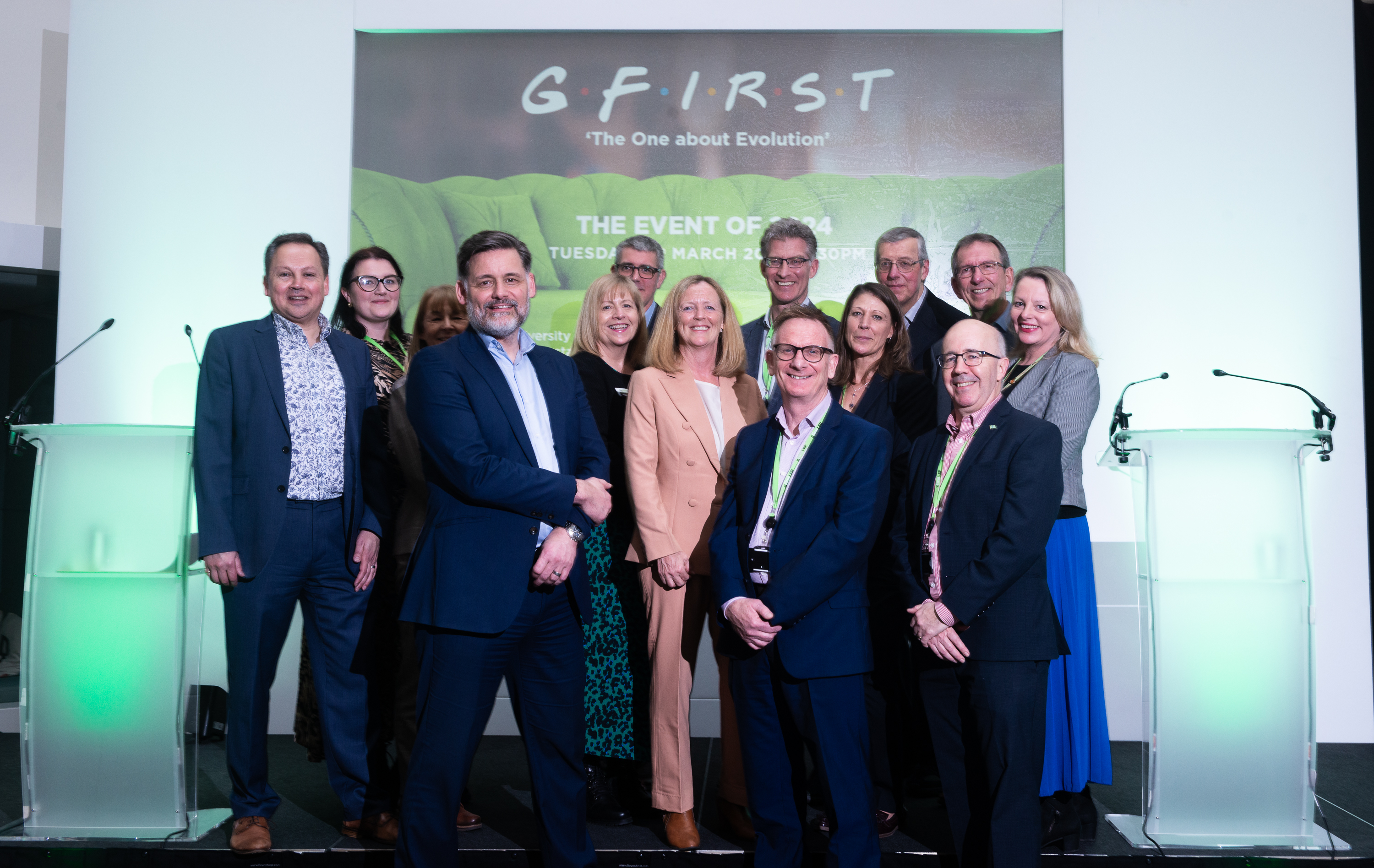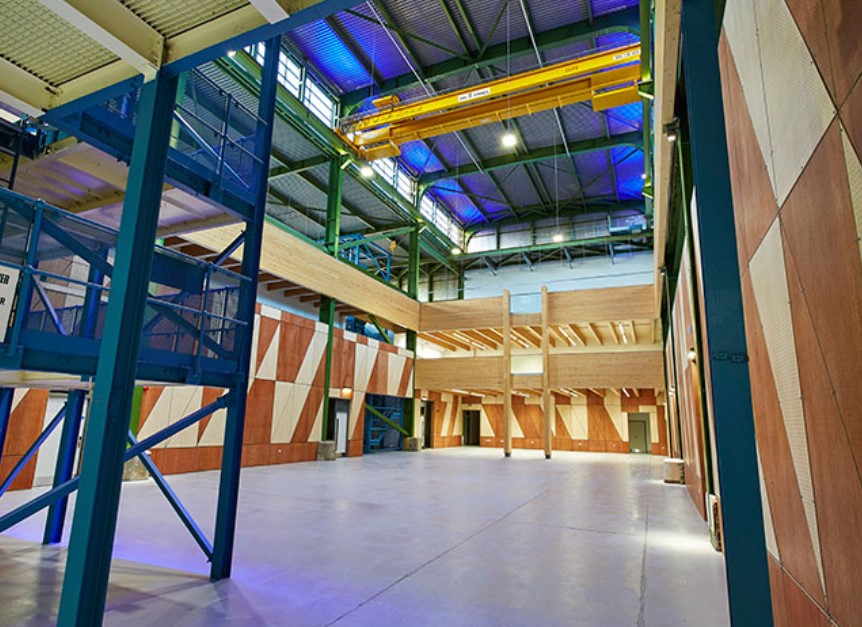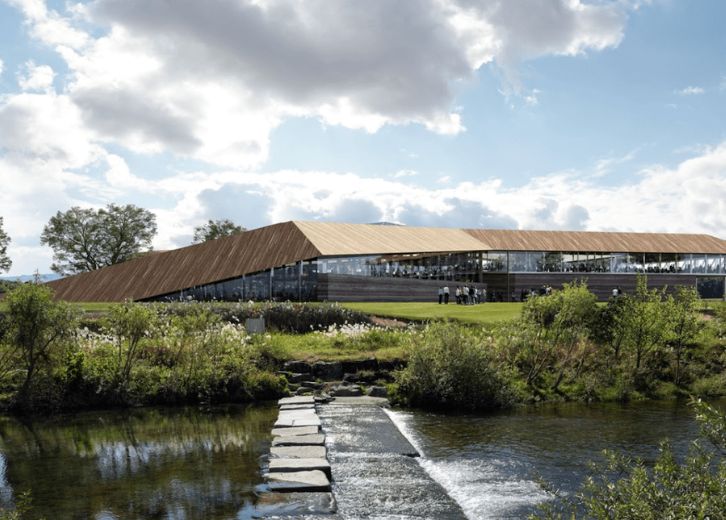general
Revitalising our High Streets
Following the Mary Portas review about the health of Britain’s high streets, GFirst LEP have been appointed by the Government as the national Retail Pathfinder for the second year running to work proactively with the Government on a national basis. Through the work of its Retail Sector Group, first retail toolkit of its kind to help boost the High Streets across Gloucestershire and the rest of the UK is already making inroads across the county.
12 May 2014
Following the Mary Portas review about the health of Britain’s high streets, GFirst LEP have been appointed by the Government as the national Retail Pathfinder for the second year running to work proactively with the Government on a national basis. Through the work of its Retail Sector Group, first retail toolkit of its kind to help boost the High Streets across Gloucestershire and the rest of the UK is already making inroads across the county.
Cirencester, one of the first towns in Gloucestershire and one of the first in the country, began using the toolkit last year and is well on its way to see how they can make the town even more attractive for local businesses, shoppers, retailers and investment to create local jobs and wealth.
The unique toolkit developed in conjunction with the Association of Town & City Management (ATCM), is an engaging way of bringing together different communities in a joined up approach to understand the distinct attributes and characteristics that the town or city has to offer. By capitalising on a town or city’s distinct ‘personality’, the Cirencester Community Development Trust (CCDT), known as the ‘Town Team’, have been reviewing the strengths of the town and areas of specific interest such as charity shops and food markets. The Town Team have made this a community project by working closely with undergraduates, master students and academics from the Royal Agricultural University (RAU) to collect feedback and ideas from local residents, businesses and voluntary sectors. The valuable help from the students will not only help develop a detailed action plan but will also form part of their final studies.
Jonathan Davies, owner of Lock, Stock and Barrel, in Cirencester and a leading member of the Town Team said: “The toolkit has provided us with a framework that we can use to develop future plans for the town so that Cirencester remains one of the most vibrant and successful market towns in the Cotswolds. The students from the RAU provided a fresh look at the town and came up with a number of excellent ideas that we are taking forward as part of our future planning.”
David Owen, Chief Executive, GFirst LEP added: “We are thrilled to see that Cirencester is benefiting from using the toolkit and enrolling the students at the Royal Agricultural University as part of a community project. This is a brilliant example of a joined up community approach, working together for a common aim to enhance the day time and night time economies of a local area.
I would urge other Town Teams across Gloucestershire and the rest of the country to take a look at the free toolkit and the case study, to see how their high streets remain vibrant, buoyant and sustainable.”
Tewkesbury Borough Council and Forest of Dean District Council are also using the toolkit and looking at innovative ways in how they can increase the visitor economy to their local areas, with much interest from Universities and colleges in incorporating this ground breaking toolkit into their research and studies, with the University of Gloucestershire being successful in the development of their new MBA in Retail Management and the appointment of their new Retail Professor, Neil Towers.
The work of the Retail Sector Group and its toolkit was recently shared with senior policy advisers from BIS for the retail sector and regional BIS representatives to learn more about how the toolkit is being currently used, the opportunities it presents for other towns and how other LEPs can engage with each other to share best practice and developments.
Building on its successes, the Retail Sector Group are now investigating ways of how technology can support retail growth, stimulate retail entrepreneurship and start-ups and identify ways to promote greater exporting for the sector across the county.
For more information about the Retail Toolkit and the case study, please click here.







